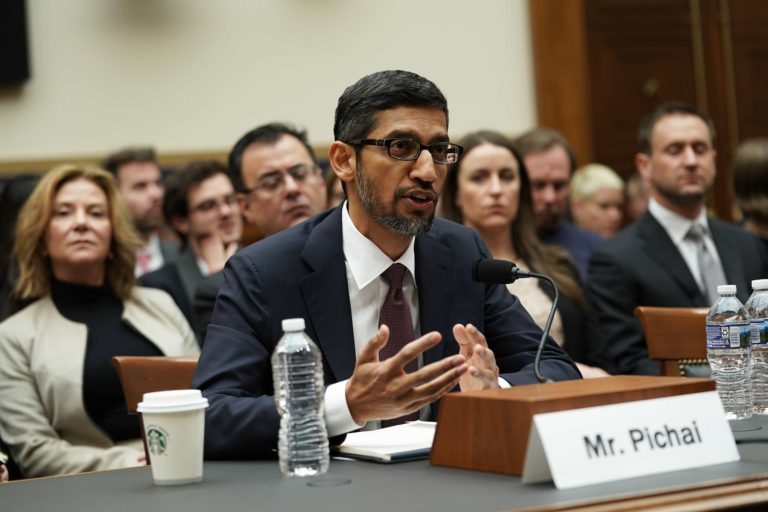Articles by Privacy International

How the EU exports surveillance to control migration flows
The EU provides states with digital surveillance tools to stop people reaching the Union’s borders. These tools are also being used to entrench political control by tracking entire populations, activists, journalists, and opposition movements.

Privacy isn’t a luxury: Privacy International’s response to Google
Privacy International is pleased to hear that Google is exploring ways to establish clearer standards for pre-installed apps and agrees that people should be able to uninstall apps. Nevertheless, some of PI’s key concerns from their original letter still remain.

COVID-19 healthcare apps: How do they work and what are the risks to our rights?
“In policy-makers’ minds, voluntary apps would all work perfectly and, like waving a magic wand, we would be free from our containment. This would, however, require so much more than what governments and companies are actually offering.”

Your mental health data is still for sale
Mental health websites don’t have to sell your data, but most still do.

Android pre-installed apps must follow normal privacy-respecting Play Store rules
Sundar Pichai, Google’sCEO, claims he doesn’t think privacy should be a luxury good, and yet many people buying low-cost android phones are paying with their privacy and security. Civil society organisations around the world are sounding the alarm.

Facebook, Google and Twitter fail to provide users with adequate political ad transparency
In countries where there is no pressure from government or civil society, social media companies mostly fail to provide users with political ad transparency. At best, the approach taken by these companies is “fragmented”.

What you can do to protect your privacy if you’re a menstruation app user
Some apps share your most intimate data about your sexual life and medical history with Facebook; others let Facebook know every time you open the app: here are some steps you can take to limit tracking.

Your mental health is precious, but it’s for sale
Privacy International reveals how popular websites about depression in France, Germany and the UK share user data with advertisers, data brokers and large tech companies, while some depression test websites leak answers and test results with third parties.
